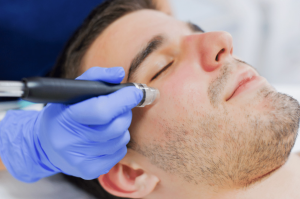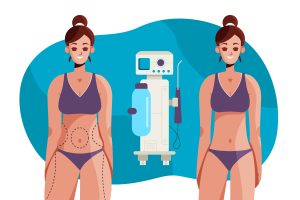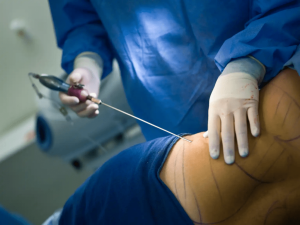Understanding the Symptoms and Causes of Premenstrual Syndrome
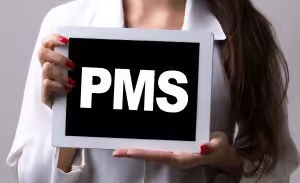
Have you ever noticed some changes just before your period? Well you’re not alone.
Many people experience what’s called Premenstrual Syndrome, or PMS for short. It’s a time when your body goes through some changes that can lead to various symptoms. Understanding PMS is like peeking behind the curtain of your monthly cycle.
In this blog, we’ll explore the symptoms and causes of PMS, helping you make sense of those days when things might feel a bit off.
What is Premenstrual Syndrome?
Premenstrual Syndrome or PMS refers to a combination of physical, emotional, and psychological symptoms between ovulation and the start of your period.
These symptoms typically start to show up during the second half of the menstrual cycle, after ovulation and often resolve once menstruation begins.
What are the Symptoms of Premenstrual Syndrome?
Premenstrual Syndrome (PMS) can manifest in various physical and emotional symptoms. These symptoms typically occur in the days or weeks leading up to menstruation and tend to improve once menstruation begins.
Common PMS symptoms include:
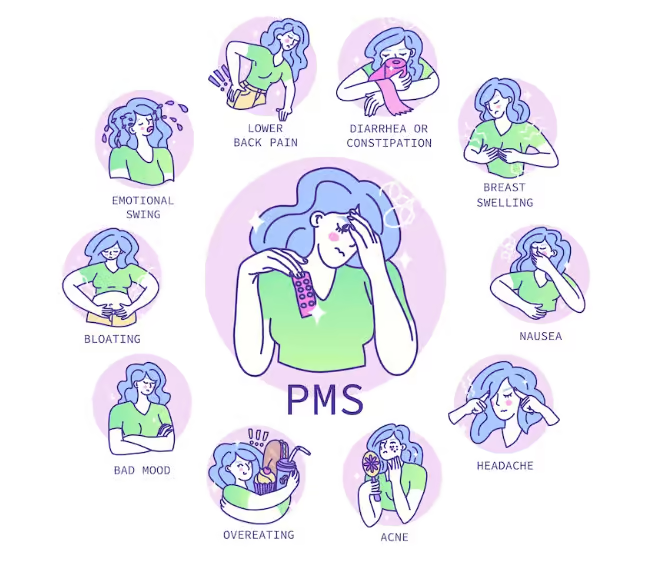
Emotional and Behavioral Symptoms
- Tension or anxiety
- Depressed mood
- Crying spells
- Mood swings and
- irritability
- Appetite changes and
- food cravings
- Trouble falling asleep
- Social withdrawal
- Poor concentration
- Change in libido
Physical Symptoms
- Abdominal bloating
- Cramping
- Breast tenderness
- Back and muscle pain
- Headache
- Fatigue
- Weight gain related to fluid
- retention
- Acne flare-ups
- Constipation or diarrhea.
What are the Causes of Premenstrual Syndrome?
The exact causes of Premenstrual Syndrome (PMS) are unknown, but several factors may contribute to the development of PMS symptoms:
- Cyclic hormonal changes- Hormonal changes are a primary factor in the development of PMS. The levels of hormones shift during the menstrual cycle, leading to mood and emotional changes.
- Neurotransmitter changes- The neurotransmitters serotonin and norepinephrine help regulate mood, emotions, and behavior. They may fluctuate in the weeks leading up to menstruation, contributing to mood-related symptoms of PMS
- Depression- Some women with severe PMS have undiagnosed depression or anxiety, though depression alone does not cause all the symptoms.
- Lifestyle- Certain habits like smoking, lack of sleep, and exercise might affect the severity of your PMS symptoms.It’s important to note that while these factors are thought to contribute to PMS, the exact interplay among them is complex and needs to be fully understood. Additionally, individual experiences of PMS can vary widely.
What are the Different Premenstrual Syndrome Treatment Options?
The treatment options for Premenstrual Syndrome (PMS) focus on managing the symptoms and improving the overall quality of life.
Here are some common treatment options:
Lifestyle Modifications
- Drink plenty of fluids to ease bloating.
- Eat a balanced diet of fruits, vegetables, whole grains, and lean proteins.
- Cut back on sugar, salt, caffeine, and alcohol.
- Prioritize good sleep hygiene and ensure adequate sleep duration.
- Regular physical activity can help alleviate physical symptoms like bloating and muscle pain.
- Set aside time each day for self-care, including exercise, relaxation, time, hobbies, or social interaction.
Medications
- Pain relievers, like ibuprofen, can help alleviate head and muscle aches or stomach cramping.
- Diuretics can help relieve bloating and tender breasts.
Heat wraps or pads on your abdomen can help relieve cramps. - Try supplements like folic acid, vitamin B-6, and magnesium to help reduce symptoms.
- Birth control pills can regulate hormonal fluctuations and reduce PMS symptoms.
- Hormone therapy may help balance hormone levels and manage symptoms
Consult our female gynecologist in Dubai – Dr Lusine Kazaryan, to help you determine the best treatment approach based on your specific symptoms, medical history, and individual needs.
Why choose Amwaj Polyclinic in Dubai
If you experience that PMS disrupts your ability to function normally during your period, visit Amwaj Polyclinic in Dubai. Our specialists will help you manage your symptoms more effectively.
Remember, don’t hesitate to ask our specialists for guidance and support if you have any questions or concerns.
Together, we can work to ensure the best possible outcomes for you.

